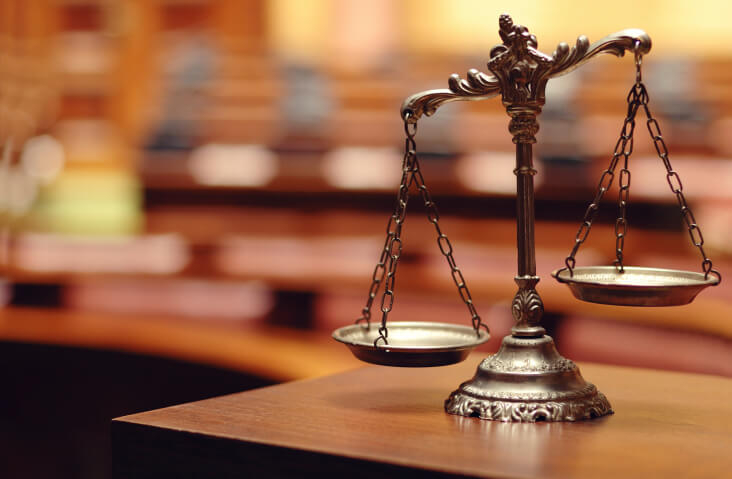
Elements of a Criminal Law Defense
Initial Trial Steps
In a criminal law defense case, there are several initial steps before the trial. During the arraignment, the defendant will hear the criminal charges and give a plea of not guilty, guilty or no contest. Depending on the case, a plea bargain may be reached. Also, a preliminary hearing may be held decide if the prosecution has enough evidence to continue with a trial. Several pretrial motions are also scheduled, to resolve any issues before the trial. In addition to the court appearances, the criminal defense lawyer will build the defense arguments to counter the prosecutor’s case.
Criminal Law Defense Strategies
Criminal defense attorneys can either make a “negating defense” and deny the defendant committed the act or make an “affirmative defense” by admitting the act and offering an excuse or justification. An example of a negating defense is an alibi, testimony by witnesses that they saw the defendant elsewhere at the time the prosecution claims the crime took place.
Some examples of an affirmative defense are:
- Self-defense
- Insanity
- Duress or coercion, in which the defendant was forced to do the act
- Entrapment, a claim that the police induced the defendant to do the act
Trial and Verdict
In the trial, the defense lawyer will use the criminal law defense strategies to explain the defendant’s state of mind and actions during the time of the crime. All relevant evidence will be presented by the prosecution and the defense. Witnesses for both sides will testify and be cross-examined. Then after the closing statements, the jury will decide on the verdict.